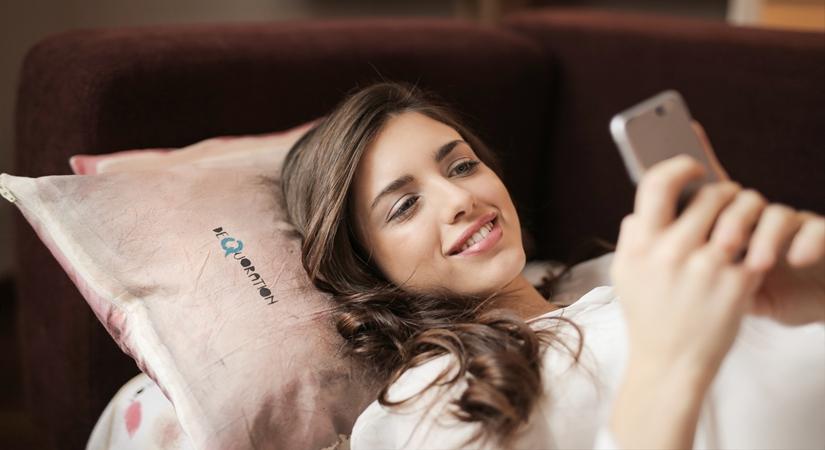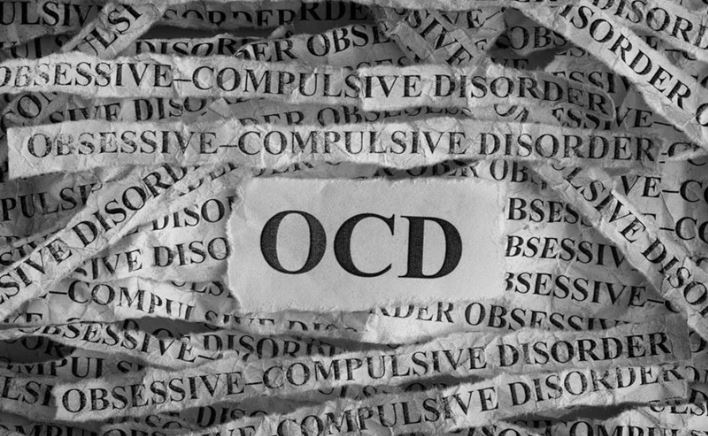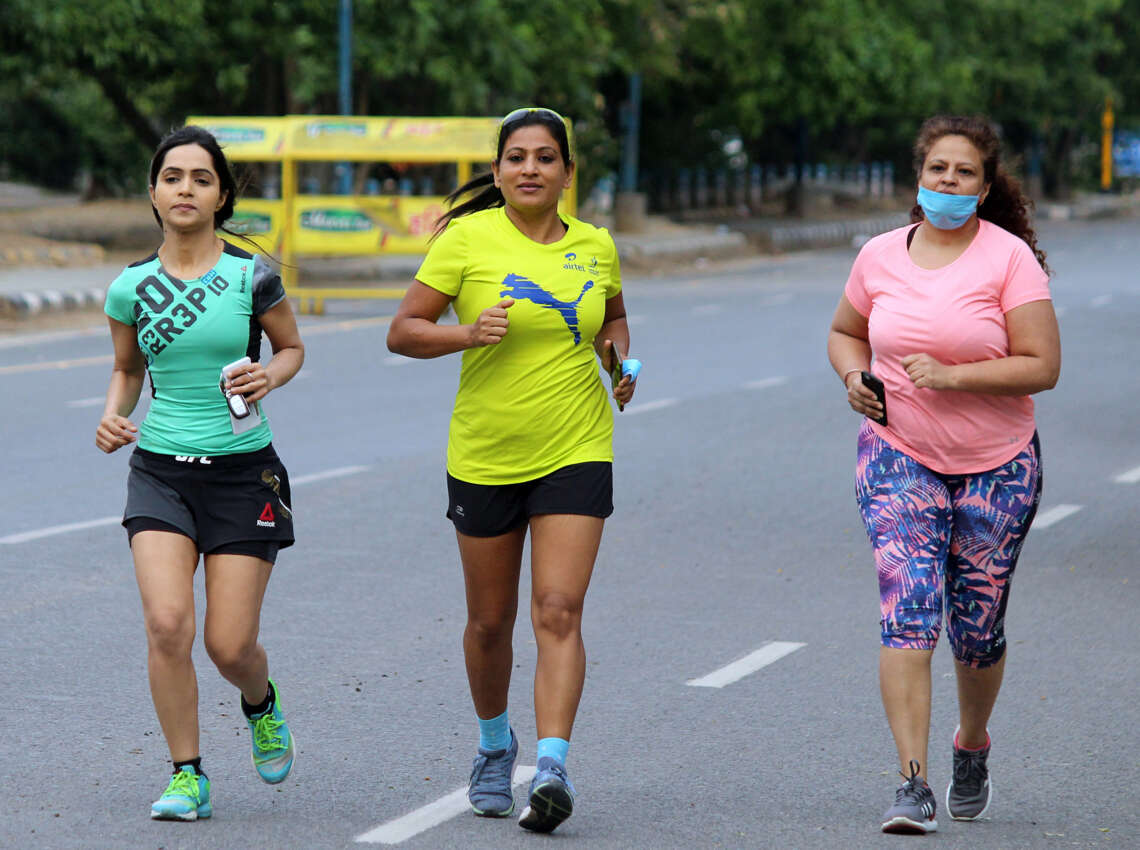Lead author Dr. Gunnhild Johnsen Hjetland stated that “screen use in bed delays sleep by taking up time that would otherwise be spent resting
A new study has revealed that using screens in bed could increase your risk of insomnia by 59%. While sleep is crucial for mental and physical well-being, many individuals have become accustomed to scrolling through their phones or using other devices before bed, a habit that researchers say may be associated with poor sleep quality.
Conducted by scientists from the Norwegian Institute of Public Health, the study examined the relationship between screen use in bed and sleep disturbances. The results, which were published in the journal Frontiers in Psychiatry, suggest that the act of using screens during bedtime itself, rather than the type of activity (such as social media or other screen use), is the primary factor contributing to sleep disruption.
Lead author Dr. Gunnhild Johnsen Hjetland stated that “screen use in bed delays sleep by taking up time that would otherwise be spent resting.” The study showed that screen usage before bed could reduce sleep time by an average of 24 minutes, further contributing to poor sleep.
The research involved a survey of 45,202 young adults in Norway, aged between 18 and 28, and found that the type of screen activity—whether on social media or watching videos—did not significantly affect sleep quality. The key issue, the researchers concluded, is that screen use itself displaces valuable rest time.
“Social media has been traditionally linked with poorer sleep due to its interactive and emotionally stimulating nature, but our study found no significant differences between social media and other screen activities,” Dr. Hjetland explained. “It’s the screen use itself that seems to be the main factor in disrupting sleep.”
The study also highlighted the high prevalence of sleep problems among students, with many experiencing disrupted sleep patterns that could have significant implications for mental health, academic performance, and overall well-being.
Dr. Hjetland advised those who struggle with sleep to reduce screen time in bed and to ideally stop using screens at least 30 to 60 minutes before going to sleep. If screens must be used, it is recommended to disable notifications to minimize interruptions during the night.
The research further emphasized that while screen use displaces rest, it does not necessarily increase wakefulness. Different activities may affect wakefulness in varying ways, but the primary concern is the loss of rest time when screens are used before bedtime.

The study’s findings echo concerns raised by previous research. For instance, a study from Pennsylvania State University in the US indicated that young adults who do not get enough sleep are at a higher risk of developing high blood pressure, a major risk factor for cardiovascular diseases.
This latest study underscores the need for more global research into the relationship between screen use and sleep. Experts are calling for further studies to better understand the impact of screen time on sleep patterns across different populations and to develop strategies to mitigate its negative effects.
With the rise in screen dependency among young adults, this research serves as a timely reminder of the importance of healthy sleep habits and the potential consequences of excessive screen time before bed.














